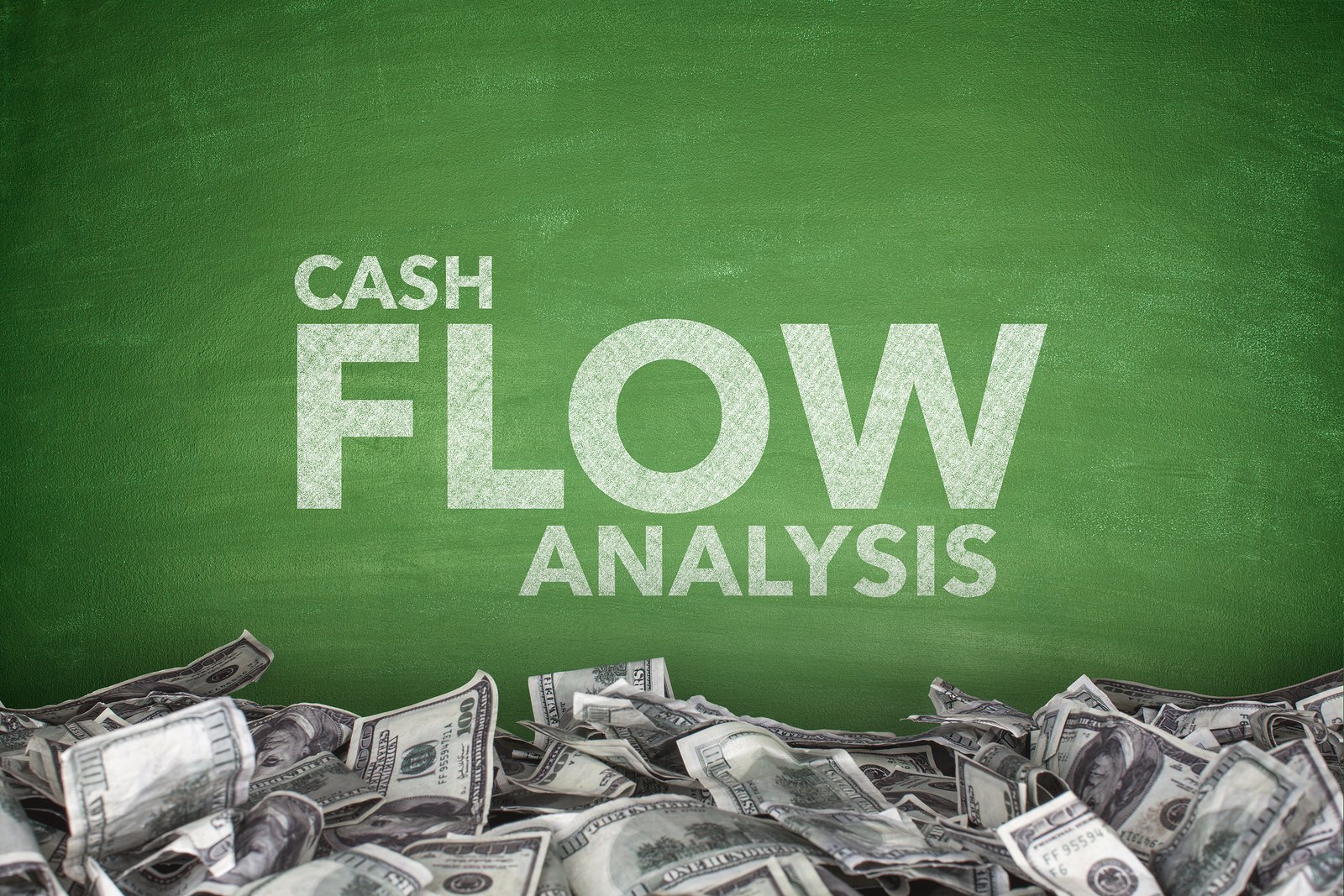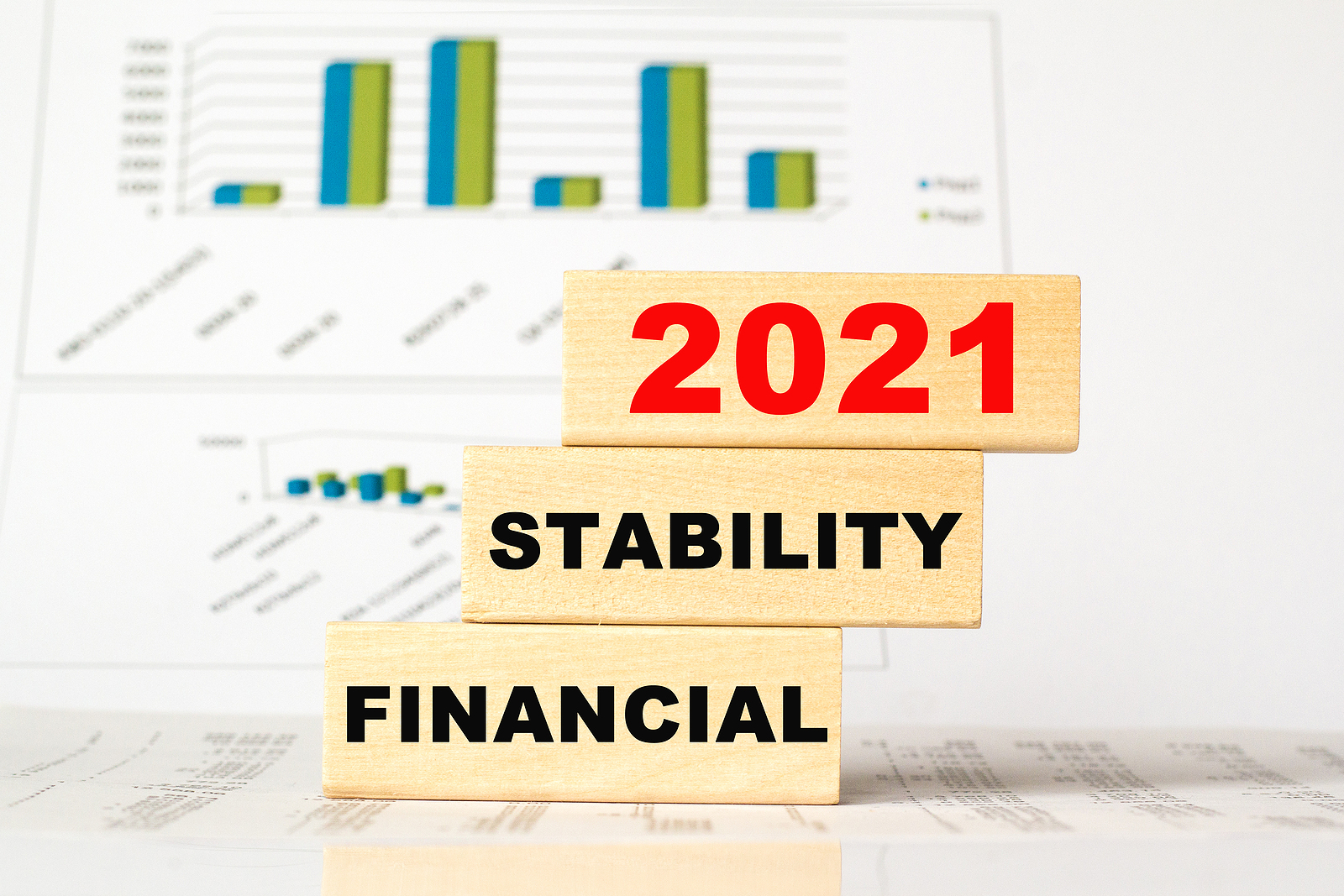The One Big Beautiful Bill Act (OBBBA), signed into law in 2025, brings meaningful changes for small and midsize businesses. For owners of S-corporations, partnerships, LLCs, and sole proprietorships, the new law creates greater long-term certainty and several opportunities to lower taxable income.

The April tax deadline is looming. If you haven’t filed your taxes yet, you may be debating whether to hire a CPA or do them yourself. If you do decide to engage a professional, must they be a CPA? Knowing when the time is right to bring in a CPA can help you run your business more successfully. So… when do you need to hire a CPA for tax preparation?

Three kinds of taxpayers are doing their taxes incorrectly: those who are waiting for a refund, those who are dreading doing their taxes, afraid of owing as much as they did in the prior year, and those who have actually haven't got a clue as to what their taxes will look like once the dust settles. What they all have in common is insufficient planning, and each of them should take time to sit down with a Certified Public Accountant (CPA) and start planning for next year - because good tax planning never leaves money on the table.

The start of a new year is always a good time to create a cash flow projection and work toward improving cash flow management skills. Adam Stewart, a debt collection expert, describes it this way: “Cash flow is having the right amount of cash in the right places at the right time, every time.” Cash flow management begins with observing the natural flow of funds in your organization, household, or business with the desired goal of generating useful cash flow projections. Here’s how you can get on top of your cash flow in 2023.

The end of the year has always been one of the most hectic times for business owners. Moving forward into the new year, it's always a good exercise to thoroughly assess your financials and your tax options, enabling you to get a realistic picture of how the business performed - and what changes you might want to implement for future growth - in other words, preparing your business for 2023.

Unless your industry was one of the few that were helped by the 2020 pandemic, your small business has likely experienced financial and other difficulties and may still struggle. With all the economic upheaval, social movement, government programs, executive orders, and administrative changes still going on, it may be difficult to estimate your company’s 2021 budget needs and expectations.

The end of one year and the beginning of the next should always prompt small business owners to think about their business resolutions for the coming year. This is true for 2021 more than any other recent year, after enduring what 2020 brought. These six resolutions not only apply to most small businesses for the coming year but are useful for years to come.

Tax laws have gotten complicated in recent years and professional CPAs not only keep up with tax law changes, but also know how to use them to a client’s advantage. In fact, there are many situations in which hiring a CPA could save you a lot of money.

If you are investing in rental properties, then you’ll become well-acquainted with the Schedule E tax form. The Schedule E is where you’ll report all of your expenses and income for the year, and take advantage of any deductions you may want to claim.

In our past blogs, we’ve talked about some of the tax deductions you can get as a landlord. But guess what? None of those tax deductions matter if you don’t have the records to claim them.




